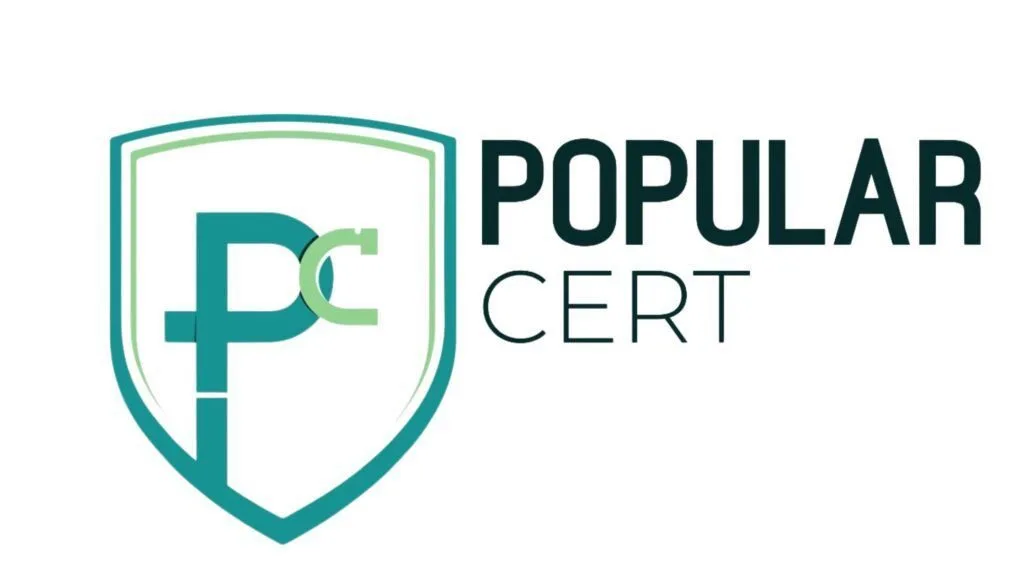HaLAL Certification in ZAMBIA
Get Free Consultation
Halal Certification in Zambia ensures that products meet Islamic dietary laws and standards, making them permissible for Muslim consumers. It applies to various industries, including food, beverages, cosmetics, and pharmaceuticals. Halal Certification guarantees that products are free from prohibited ingredients and processed according to specific religious guidelines. Obtaining Halal Certification opens businesses to a growing market of Muslim consumers both locally and internationally.
PopularCert provides expert assistance to help companies in Zambia achieve Halal Certification, ensuring compliance with Halal requirements and promoting trust among consumers seeking ethically produced, high-quality products.
Why do you need Halal Certification in Zambia?
Halal Certification in Zambia is essential for businesses targeting the Muslim consumer market. It ensures that products comply with Islamic dietary laws, guaranteeing they are free from prohibited ingredients and prepared according to Halal standards. Certification builds consumer trust, enhances product credibility, and opens access to local and international markets. With the growing demand for Halal products globally, Halal Certification is a valuable asset for companies seeking to tap into this expanding market and demonstrate commitment to quality and ethical production.
How to Get Halal Certification In Zambia?

Process to Get Halal Certification In Zambia
Consultation and Gap Analysis
Begin by assessing your current processes and products to ensure they align with Halal requirements. Conduct a gap analysis to identify areas that need modification, such as ingredients or production methods.
Develop Halal-Compliant Processes
Implement Halal procedures across your operations, ensuring that raw materials, ingredients, and manufacturing practices meet Islamic standards. This includes sourcing Halal-certified raw materials and ensuring no cross-contamination with non-Halal products.
Documentation and Training
Develop and document your Halal compliance procedures, including ingredient lists, supplier details, and production methods. Train employees on Halal requirements, ensuring they understand their roles in maintaining Halal integrity throughout the process.
Internal Audit
Conduct an internal audit to verify that all processes and products comply with Halal standards. Address any non-compliance issues before proceeding to the certification audit.
Certification Audit
Engage an accredited Halal certification body for an external audit. After successful evaluation of your practices, you will be granted Halal Certification, allowing you to market your products as Halal-compliant.
Benefits of Halal Certification in Zambia
- Wider Customer Reach: Halal status lets companies appeal to both local and overseas markets that demand Halal goods. This isn't limited to nations with many Muslims, but also countries with considerable Muslim minorities.
- Increased Trust: A Halal label symbolizes commitment to quality and morals. This builds faith, especially amongst Muslim buyers who seek products that are in harmony with their beliefs.
- Fair Advantage: As more companies join the Halal sector, owning a Halal label sets businesses apart. It could distinguish their merchandise from rivals and charm a faithful clientele that values Halal-approved items.
- Better Business Image: Halal recognition is often linked with cleanliness, well-being, and top-grade production methods. This could boost a company's brand image, making its merchandise more appealing to a broader crowd.
- Easier Global Trade: Several nations, especially in the Middle East and Southeast Asia, enforce strict Halal product import laws. Having Halal recognition eases Zambian businesses' entry into these profiting markets.
Types Of ISO Certifications In Zambia
Get Free Consultation
Our Clients




Cost of Halal Certification in Zambia
The cost of Halal Certification in Zambia depends on factors such as the type of products, the size of the organization, and the complexity of operations. Expenses typically include application fees, documentation review, facility inspection, and certification audit charges. Smaller businesses may incur lower costs, while larger or more complex operations may face higher fees. Consulting services to streamline the process can also affect costs. A detailed cost estimate is provided after evaluating your specific certification requirements and operational scope.
Get Halal Certification in Zambia to ensure your products comply with Islamic dietary standards. Benefit from the expertise of experienced consultants who offer comprehensive services at an affordable cost, helping you meet requirements efficiently and expand your market reach.
Why choose PopularCert?
PopularCert is a trusted partner for Halal Certification in Zambia, offering expert consulting services to help businesses meet Halal standards seamlessly. Our experience spans multiple industries, including food, cosmetics, and pharmaceuticals, ensuring customized solutions for your specific needs. We support you throughout the entire certification process, from documentation to audits, ensuring full compliance with Islamic guidelines.
With our knowledgeable consultants and dedication to excellence, PopularCert helps businesses enhance credibility, access global Halal markets, and fulfill customer expectations. Choose PopularCert for reliable, efficient, and professional Halal Certification services in Zambia.
FAQ
What is Halal certification?
Halal Certification is a process that verifies products and services comply with Islamic dietary laws and guidelines. It ensures items are free from prohibited substances and prepared according to Halal standards, making them permissible for Muslim consumers.
Why is Halal Certification important in Zambia?
Halal Certification in Zambia is vital for businesses targeting Muslim consumers. It ensures products meet Islamic dietary laws, builds trust, and opens access to local and global Halal markets. Certification enhances credibility, supports ethical production, and boosts market competitiveness.
What are the benefits of Halal Certification in Zambia?
Halal Certification in Zambia ensures compliance with Islamic dietary laws, increasing trust among Muslim consumers. It enhances product credibility, expands market access locally and internationally, and boosts business competitiveness. Certification also promotes ethical practices, quality assurance, and long-term customer loyalty.
How to get Halal Certification in Zambia?
To obtain Halal Certification in Zambia, ensure your products and processes comply with Islamic standards. Document procedures, source Halal-compliant materials, and train staff. Conduct internal audits, then undergo an external audit by an accredited Halal certification body to achieve certification.
